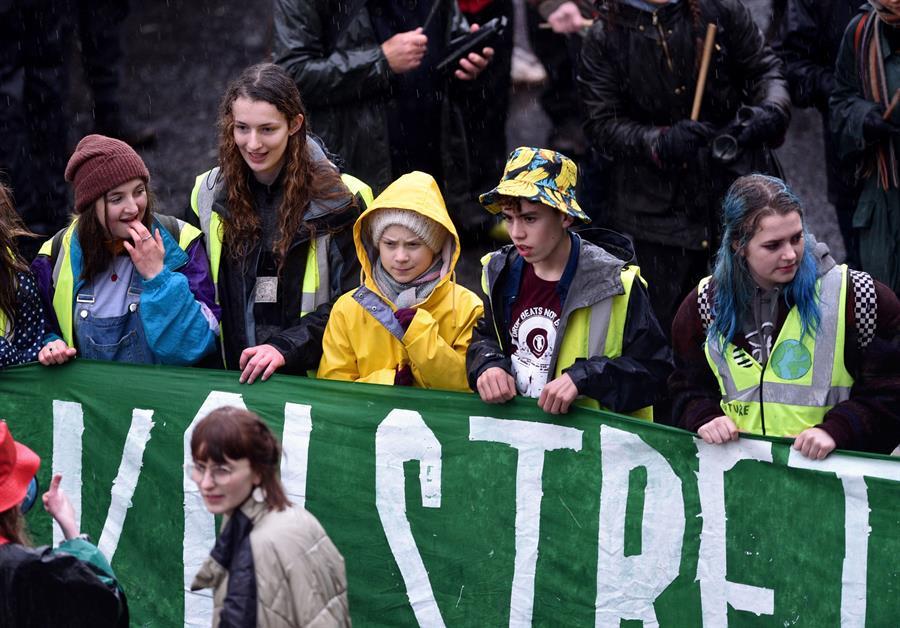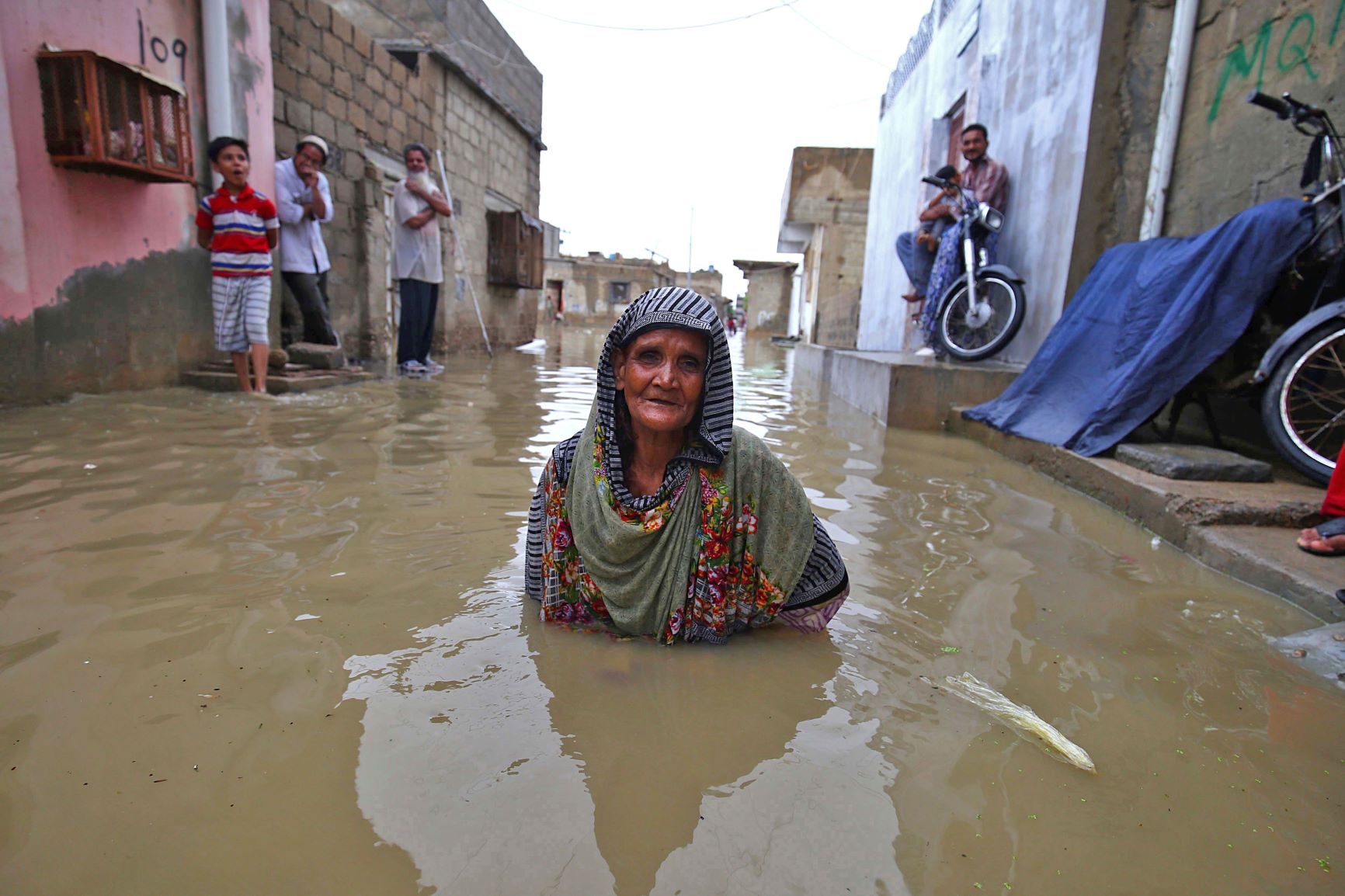Brussels, Apr 22 (EFE) .- NATO Secretary General Jens Stoltenberg stressed this Thursday that global warming turns the world into a place «more dangerous” and it has “a serious impact” on security.
“Global warming is making the world more dangerous. It has a serious impact on our security, so it matters to NATO ”, declared the Norwegian politician at the virtual summit on climate change organized by the president of the United States, Joe Biden.
He stressed that the Atlantic Alliance has recognized climate change as a challenge for security “for many years”, but admitted that now it is “intensifying its efforts” thanks to the process of reflection on the future of the organization in the next decade, baptized as NATO 2030.

«I hope that NATO leaders will adopt an ambitious action plan on the security impact of climate change at our summit on June 14, as part of our fundamental and forward-looking agenda to address the challenges of today and tomorrow. ” , He said.
He added that he hopes that a “clear political commitment” is achieved at the meeting of presidents to plan the reduction of military emissions and thus contribute to the objective of climate neutrality.
Stoltenberg considered that NATO should work in three areas related to the climate crisis, the first of which is “to understand the problem in order to better deal with it.”
He stressed that climate change is “a crisis multiplier”, from the Sahel to the north of the planet, and assured that phenomena such as floods, forest fires, droughts or famines “devastate communities, increase competition for scarce resources and they feed tensions and conflicts ”.
“So we need to increase our awareness by monitoring and supervising climate change much more closely in NATO to better understand and anticipate its impact on our security, also on the most vulnerable regions and on geopolitical competition,” he noted.
Second, he pointed out that the Alliance must adapt in order to continue operating “under all conditions.”
In fact, he stressed that many of the allied critical infrastructures are exposed to rising sea levels and more extreme weather conditions and noted that “more and more” military assistance is being requested to cope with natural disasters in their countries. and abroad.
So climate change affects where and how we operate. Therefore, we will conduct an Alliance-wide assessment of the impact of climate change on NATO assets and facilities. We will prioritize sustainable technologies in our hiring and partner with industry to provide new climate neutral capabilities. We will also integrate climate change into planning and exercises, “he said.
Third, he explained that the organization must reduce its emissions with initiatives such as less dependence on the supply of fossil fuels, which, he added, “often makes our operations more vulnerable.”
He said that the allied armies are already taking measures, such as the use of biofuels in fighter jets or the integration of solar panels in the combat equipment of soldiers. EFE (I)
– .


